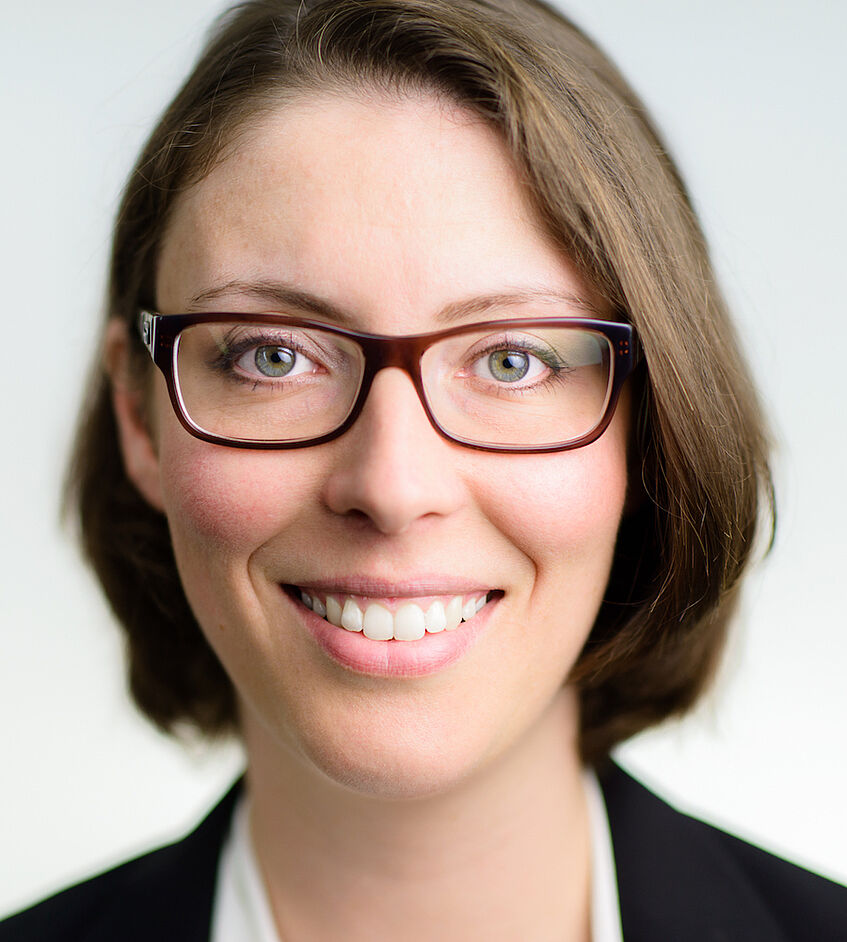In adults, the brain rhythms of interaction partners entrain to communicative rhythms, including speech, supporting mutual comprehension and communication. Whether this is also the case in the infant brain is the subject of "Social Rhythms and Biobehavioral Synchrony in Early Human Development", a talk by Stefanie Höhl of the University of Vienna. The talk is part of OFAI's 2023 Fall Lecture Series.
Members of the public are cordially invited to attend the talk in person (OFAI, Freyung 6/6/7, 1010 Vienna) or via Zoom on Wednesday, 17 January 2024 at 18:30 CET (UTC+1):
URL: https://us06web.zoom.us/j/84282442460?pwd=NHVhQnJXOVdZTWtNcWNRQllaQWFnQT09
Meeting ID: 842 8244 2460
Passcode: 678868
You can add this event to your calendar.
Talk abstract: Caregiver-infant interactions are characterized by interpersonal rhythms at different timescales, from nursery rhymes and interactive games to daily routines. These rhythms make the social environment more predictable for young children and facilitate interpersonal biobehavioral synchrony with their caregivers. In adults, the brain rhythms of interaction partners entrain to communicative rhythms, including speech, supporting mutual comprehension and communication. I will present recent evidence that this is also the case in the infant brain, especially when babies are addressed directly by their caregiver through infant-directed speech in naturalistic interactions. Through using simultaneous measures of neural and physiological rhythms, e.g., dual-fNIRS and dual-ECG, from caregiver and infant during live face-to-face interactions, we can further deepen our understanding of early interactional dynamics and their reciprocal nature. I will present our recent research identifying factors supporting the establishment of caregiver-infant neural synchrony, such as affectionate touch and vocal turn-taking. I will further discuss the functional links and dissociations between caregiver-infant synchrony on the neural and physiological levels. I will outline potential implications of this work and point out important future directions.
Speaker biography: Stefanie Höhl is head of the Research Unit of Developmental Psychology at the University of Vienna where she leads the Wiener Kinderstudien lab. She received her PhD from the University of Leipzig and completed her Habilitation at the University of Heidelberg. From 2016 to 2019 she led the Max Planck Research Group on Early Social Cognition at the MPI for Human Cognitive and Brain Sciences in Leipzig. Her research at the intersection of developmental psychology and cognitive neuroscience focuses on social and cognitive development in early childhood. Grounded on an interactionist perspective, she applies EEG and fNIRS hyperscanning in caregiver-child and caregiver-infant interactions to study the neural dynamics of early social exchanges.
